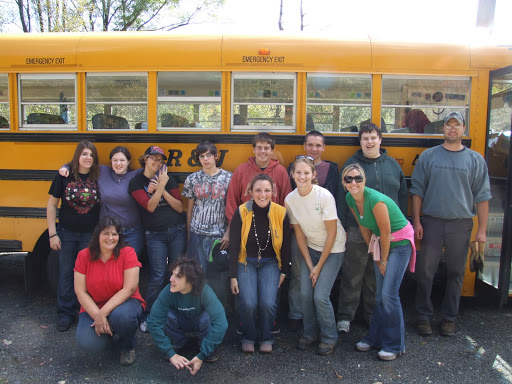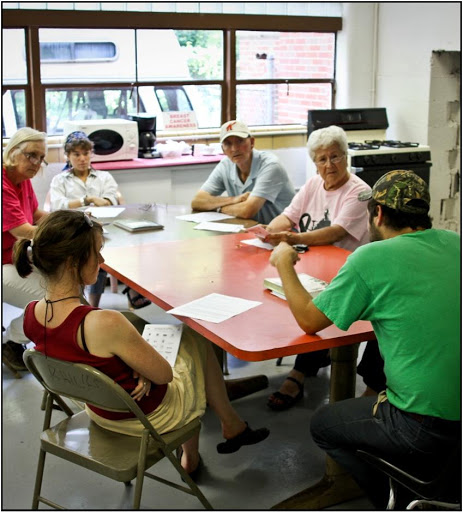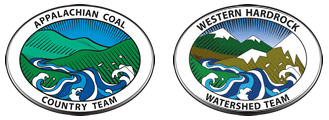Based on the work of
Woodland Community Land Trust
Northeast Tennessee
Woodland Community Land Trust (WCLT) noticed that a significant number of their volunteers were having trouble making it to events. The group chose to provide transportation to volunteers who needed it. They advertised the service before events and based their pick-up schedule around those who requested transportation. Seniors who serve on committees and youth volunteers were among those who benefited most. This trial practice has a high success rate for groups in rural areas with events that require senior or youth volunteers in need transportation.

Tested by
Friends of Deckers Creek
Northern West Virginia
The staff and volunteers of Friends of Deckers Creek (FODC) often need to work in rural and remote locations within the watershed to carry out tasks important to the organization’s mission. FODC also had a need for their Youth Advisory Board (YAB) members to attend board meetings and community activities on a regular basis and in greater numbers in order to empower the next generation of watershed stewards. Volunteers that needed transportation were informed about the program by word of mouth, phone, website postings, online event calendar, electronic listserv and seasonal newsletters. Carpooling and FODC-provided transportation were used extensively in sampling, monitoring, and site assessment trips. Volunteers are always needed for this type of work. By providing transportation, FODC was able to bring volunteers—including YAB volunteers—on almost every trip. The cost of fuel is a major factor when considering transporting volunteers. This will play a role in the future use of this practice by FODC. FODC hopes to continue to provide transportation to YAB members for meetings, field work and events. They will continue to provide transportation to volunteers for monitoring and sampling as long as funding for mileage is available.
Tested by
Rural Appalachian Improvement League
Southern West Virginia
Rural Appalachian Improvement League (RAIL) wanted to provide or coordinate transportation to convince more volunteers to attend the weekly meetings of the group’s gardening club. “Farming for Health and Wealth” is a RAIL project that works to identify, motivate and organize small farmers and gardeners in the coalfields of southern West Virginia. One aspect of this project is the Mullens Growers Co-op, a group of local growers who meet weekly to learn and share information on growing vegetable gardens. Weekly meetings are informal with discussion centered on a topic such as specifics of growing vegetables, composting and canning. RAIL asked members that were already attending weekly co-op meetings to drive other interested volunteers to meetings and events. There were many older potential participants in the gardening co-op who did not want to drive in poor weather conditions or at night, so RAIL considered this practice a good solution to their problem. The trial practice did not have any success because the majority of volunteers that were interested in the workshops already had transportation. One possible explanation for the failure of this trial practice is that many of the participants did not decide until the last minute if they wanted to go to a workshop. Without deciding to attend far enough in advance, they could not take advantage of pre-planned carpooling.

“Events such as Skate Jam, Decker’s Creek Adventure Day Race, and monitoring work had an increase in participants due to the transportation service. Members that had rarely attended events and meetings were now helping set up beforehand.”
-Friends of Deckers Creek
